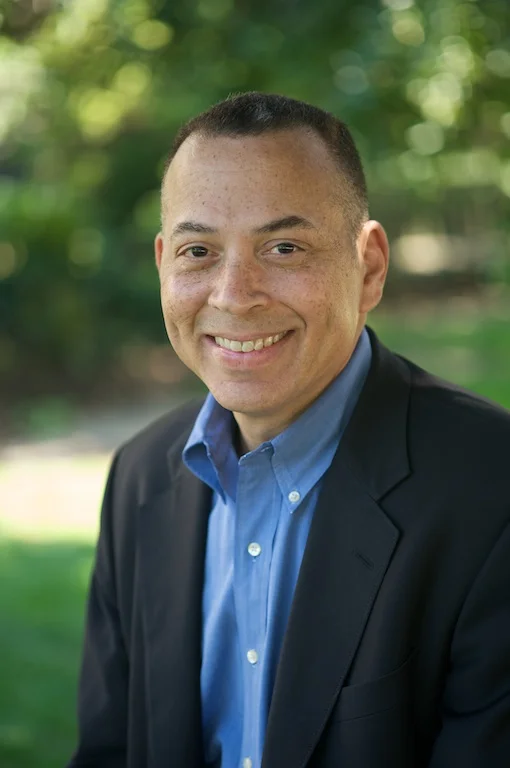Archival research and reading poetry seem like unlikely companions, yet for a nonfiction writer striving to tell a factual story these seemingly divergent activities fit together. Research helps me get the facts straight, and reading poetry often helps me find the language I need to weave those facts into a story.
My writing blends elements of memoir and social history on the American South, particularly my home state of Mississippi. Mississippians have always lived in a self-contained world and that is reflected in the way its people frame and tell stories. I strive to find the line between regional myth and reality, and research helps me open up the difference between the stories people tell in order to live in the South and the realities held within or hidden inside the stories. This means the narratives I create involve bringing the past into the present, as well as moving a story from the personal to the universal.
Memory is a tricky thing, and I don’t trust my memory. Archival material written on yellowing papers inside dusty archive boxes are often my best friends while I write. Letters, memos, and old newspaper stories serve as windows into the past and help me take readers to places and events that exist only in the fog of memory or to details about the past that I encountered while collecting an oral history. Archival research lets me know that I can present the stories I collect with confidence.
Currently I am in the midst of a writing project on the Mississippi Delta. In a place like the Delta—a part of the world that already possesses a tenuous relationship with truth—memory and imagination hold more power than fact. The story begins in the Delta community of Mileston, where my father went to work in 1949 at a job he once described simply as to teach farming techniques and practices. But through research I learned that he came in at the tail end of a New Deal era initiative to transition former sharecroppers into landowners, with an eye toward making the Delta a more hospitable place for black farmers. The government’s plan, as outlined in a 1941 Department of Agriculture memo I found in the National Archives, was that these former sharecroppers “would develop an exemplary pattern of rural life for the Delta Negro. He has been given the security of tenure and a chance to take hold for himself on the right soil of the plantation county.”
Government memos don’t contain language that can compel readers. I have to create it to shape the facts into narrative, and sometimes I get stuck. In the moments I am trying to craft that language I often turn to the work of my favorite poets, like Donald Justice, Rita Dove, W.S. Merwin, and Natasha Trethewey. These are all poets who are also storytellers wrestling with hard truths.
“They are more fathers than sons themselves now,” Donald Justice wrote in “Men at Forty,” which reminds me every day of the perspective from which I write. Reading Justice’s work and the work of numerous other poets inspires me and helps me find the right words. In writing about the Delta, I have turned to the lyrics of blues songs to capture the rhythm of the place, which Charlie Patton describes in “Dirt Road Blues” as “a world unknown.” Perhaps this works for me because poetry is mystery, one that helps stretch the boundaries of language. And every writer’s life needs a little mystery.
W. Ralph Eubanks is a 2007 Guggenheim Fellow and is a visiting professor of English and Southern Studies at the University of Mississippi. He is the former editor of the Virginia Quarterly Review and is the author of two memoirs, Ever is a Long Time and The House at the End of the Road, about race, family, and Mississippi.
